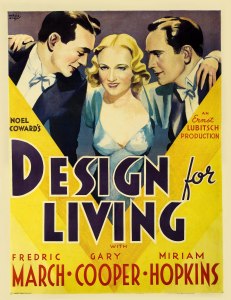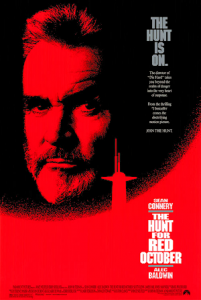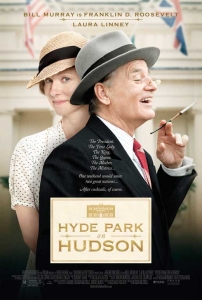Top Rated Adviser
Top Rated Adviser
I am delighted to announce that Solomons has achieved Top Rated Adviser status and appears in The Times money section today. This is due to an impartial website called VouchedFor where you can leave a review. Due to our consistently high scores (not perfect scores) we have now become part of a very small elite group. I am very thankful to all of you that provided reviews and for taking the time to express your thoughts. 
Despite the endorsement, I continue to try to improve what we do, the services we offer and making it easier, clearer, quicker and more valuable for anyone to seek advice from us. As a small firm we live and die on our service and now having celebrated our 15th year in August we are becoming more like the company I hoped to create. Its the little improvements that tend to make a significant difference, but we certainly punch above our weight and can access all of the very best solutions for our clients, using the latest technology available.
If you have a smart phone or tablet, you could try out our APP. If you wish to discuss your planning with me, please pick up the phone or send me an email.
Dominic Thomas




